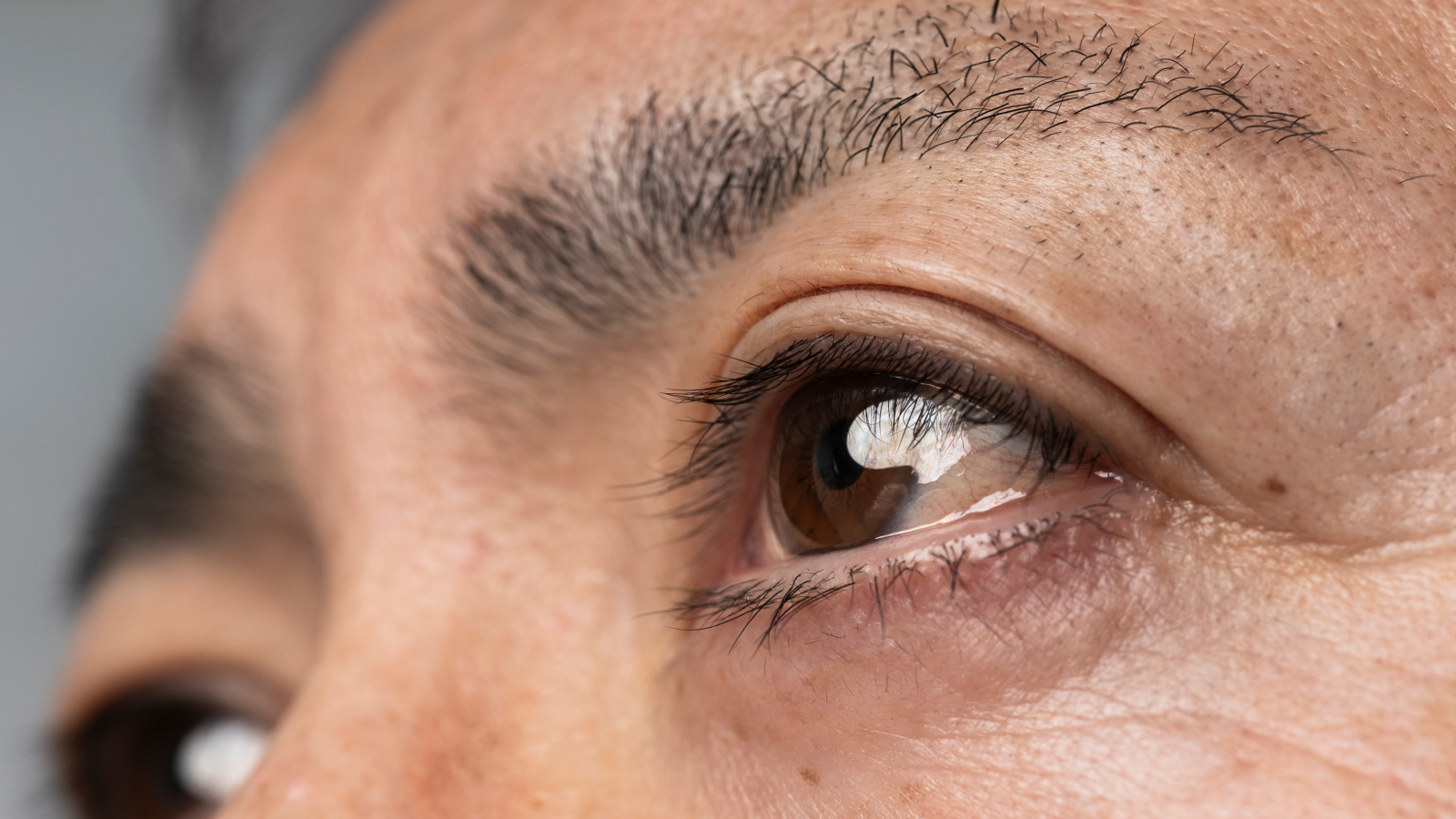Human evolution news, features and articles
Latest about Human Evolution
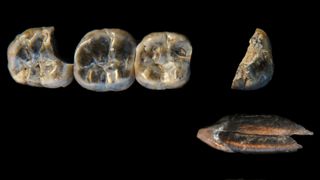
Never-before-seen cousin of Lucy might have lived at the same site as the oldest known human species, new study suggests
By Olivia Ferrari published
An unidentified early hominin fossil that might be a new species confirms that Australopithecus and Homo species lived in the same region of Africa in the same time frame.
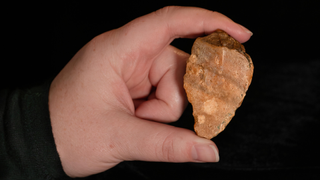
1.5 million-year-old stone tools from mystery human relative discovered in Indonesia — they reached the region before our species even existed
By Kristina Killgrove published
A handful of stone tools found on the Indonesian island of Sulawesi has pushed back the date that human relatives arrived in the region.
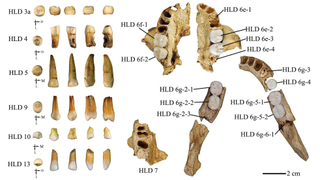
300,000-year-old teeth from China may be evidence that humans and Homo erectus interbred, according to new study
By Kristina Killgrove published
A study of a handful of 300,000-year-old teeth revealed an ancient human group had a mix of archaic and modern tooth features.
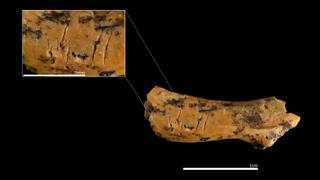
Ancient human relative cannibalized toddlers, 850,000-year-old neck bone reveals
By Kristina Killgrove published
Cut marks on a child's cervical vertebra found at Atapuerca in Spain suggests Homo antecessor was indiscriminate about cannibalism victims.
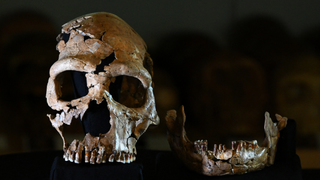
Neanderthal genes may explain disorder where brain bulges out of the skull
By Charles Q. Choi published
Neanderthal genes may explain why some people have Chiari malformation type I, a condition in which the brain bulges out of the back of the skull.
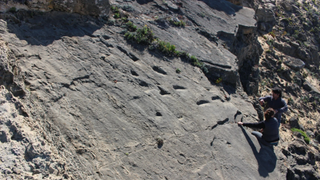
78,000-year-old footprints from Neanderthal man, child and toddler discovered on beach in Portugal
By Kristina Killgrove published
A Neanderthal trackway discovered in Portugal shows how an adult male and two children hunted for food 78,000 years ago.

Endurance athletes that carry Neanderthal genes could be held back from reaching their peak
By Amy Arthur published
A Neanderthal variant in an enzyme involved in energy production has been linked to a 50% lower probability of achieving elite athletic performance.
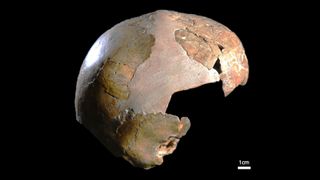
140,000-year-old child's skull may have been part modern human, part Neanderthal — but not everyone is convinced
By Patrick Pester published
A child buried in the world's oldest human cemetery had both modern human (Homo sapiens) and Neanderthal characteristics, suggesting she was a hybrid, according to a new study. However, not everyone is convinced the study's findings are definitive.
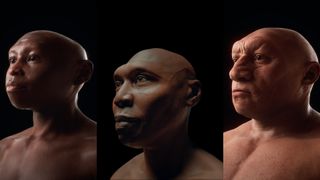
Stunning facial reconstructions of 'hobbit,' Neanderthal and Homo erectus bring human relatives to life
By Aristos Georgiou published
A new documentary brings early human history to life with a "scientifically accurate" collection of hyper-real 3D models.
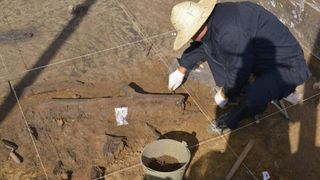
Oldest wooden tools unearthed in East Asia show that ancient humans made planned trips to dig up edible plants
By Sascha Pare published
The 300,000 year-old tools show that hominins in East Asia made planned foraging trips to lakeshores and designed instruments for specific purposes.
Get the world’s most fascinating discoveries delivered straight to your inbox.
 Live Science Plus
Live Science Plus





